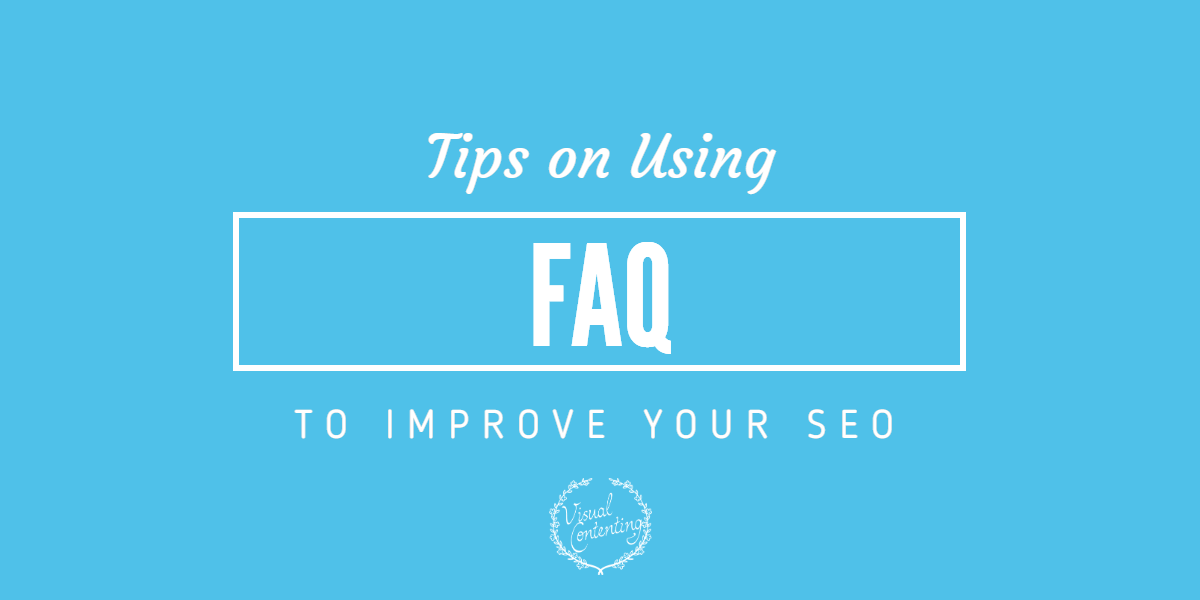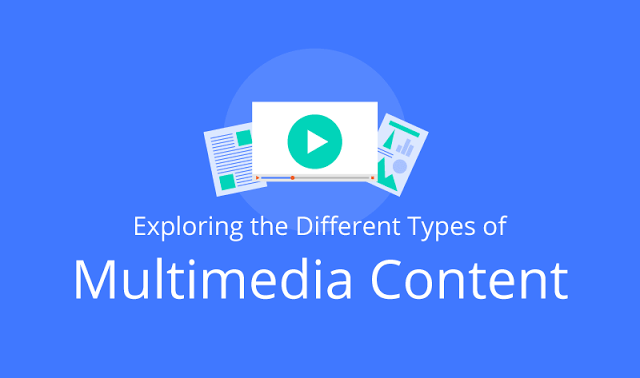Websites which are not well thought-out are not really good at FAQ or frequently asked questions pages. In fact, these pages confuse and bore readers even more this way. They also fail when it comes to SEO. FAQ is a great page to optimize your website for findability. But when you use your FAQ page poorly, you can decrease your chance of being found.
However, if you plan your page well, you can get the ultimate benefits while being informative and helpful for your readers. This is a great opportunity that can pay off big time if done properly.
Here are some useful tips on how to do just that:
Audit or Plan Your FAQ Page
This may sound like an easy task because most FAQ pages are short and there’s not much to see. However, an audit doesn’t just mean reading your page. It also means asking yourself some good questions that can help you fix it:
- Do you need more or less questions on the page?
- Do you need longer or shorter answers?
- Is the data accurate?
- What kind of tone of voice are you going for? What kind of tone do you see on the page?
- Does the content in the FAQ address consumer pain points?
- How easy is it to find your FAQ page?
Let Go of Any FAQ Page Misconceptions
Frequently asked questions pages have been under strong criticism for years. People have stated that it’s a waste of time, that it’s unnecessary and that really good content throughout the website will already point the readers into the right direction. And in some cases, it might be true - especially when done poorly.
But FAQ pages have a permanent role and an important one as well. It shouldn't be a last-minute thing. Yet it often is.
“Businesses remember that they need it so they often just throw together a ton of incoherent information and then the page ends up looking bad, and it doesn’t help anyone. They are usually very hard to find as well. You will usually find them in the footer area or some other tucked away place,” says Sue Devin, SEO writer at Essayroo and Custom Writing.
But you shouldn't do this. FAQ page is important to your business and a valuable resource to your consumers. Post different questions and answers drawing inspiration from your customer service calls or social media questions. Treat it as an asset it is - to your company, SEO and your users.
It can be full of interesting questions and detailed by understandable answers. Even if it is just a page among the dozens on your site, it's still a very valuable page.
Pay Attention to SEO
While many people forget that FAQ page is an amazing opportunity for SEO, it can be really surprising how good it can be. You might find out that your page ranks for good keywords and that some of your findability relies on this page, without you even knowing it.
Start with a domain overview in SEMrush and get a strong sense of the keywords people are using to get to the pages they need.
Use analytics to get more data and learn which keywords you need to use on your FAQ page. SEMrush will show you natural search phrases and help your page stand out in the search engines and on your own website.
Consider the Possibilities
“Some companies don’t have the FAQ in their navigation bar. They call it a help center or something similar. While the terminology directly related to this page doesn’t really matter, your users need to recognize it on your page and need to find it easily. The use for users needs to be a priority over SEO,” says Ronald Sacks, a SEO manager at UKWritings and Academized.
Vimeo, for instance, is great at directing their users to this page. They use hover links on their featured articles so the FAQ is always easy to find. If you have a FAQ page, the URL should always be easy to find. Start with your existing page and don’t change the links even if the links are long. This also helps users.
Plan Your FAQ Page on Topics
Many FAQ pages need to be scrolled and waded through to get to the information you need. Users find this annoying and it’s not even helpful at all. You need to give options to your users and include links to topics, have a search box and include other features that will help your users find their way to your answers and questions. Search engines will love the original content as well and they will find it useful, delivering more users to your door. Get ranking reports and help your users find this page by adding more interesting content for users in all parts of the sales funnel. You should be able to utilize online tools to help you create great topics and content. Some of those pages are Viawriting, BoomEssays, Stateofwriting, SimpleGrad.
Don’t worry about having pages with thin content because Google looks at your entire website and looks at what’s relevant. Your page’s success will depend on the amount of work you put into the page and the overall quality of your page.
Related Posts

Chloe Bennet is a content creator and HR at Write My UK Essay and Cheap Assignment Help services. She helps improve internal communication between teams. Chloe teaches academic writing at Buy a term paper online website.








[…] Recommended: Tips on Using FAQ to Improve Your SEO […]